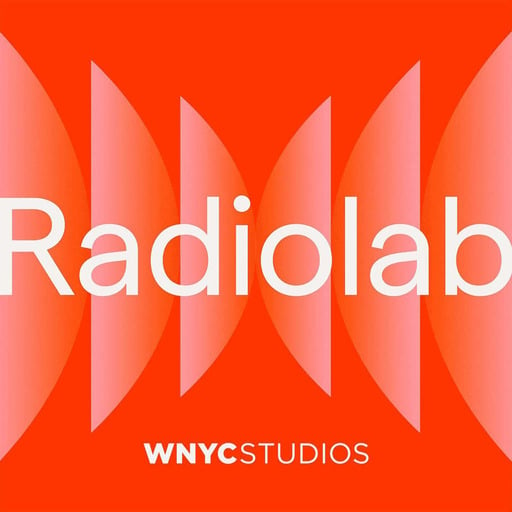This episode begins with a rant. This rant, in particular, comes from Dan Engber - a science writer who loves animals but despises animal intelligence research. Dan told us that so much of the way we study animals involves tests that we think show a human is smart ... not the animals we intend to study.
Dan’s rant got us thinking: What is the smartest animal in the world? And if we threw out our human intelligence rubric, is there a fair way to figure it out?
Obviously, there is. And it’s a live game show, judged by Jad, Robert … and a dog.
The last episode of G, our series on intelligence, was recorded as a live show back in May 2019 at the Greene Space in New York City and now we’re sharing that game show with you, again. Two science writers, Dan Engber and Laurel Braitman, and two comedians, Tracy Clayton and Jordan Mendoza, compete against one another to find the world’s smartest animal. They treated us to a series of funny, delightful stories about unexpectedly smart animals and helped us shift the way we think about intelligence across all the animals - including us.
Special thanks to Bill Berloni and Macy (the dog) and everyone at The Greene Space.
EPISODE CITATIONS:
Podcasts:
If you want to listen to more of the RADIOLAB G SERIES, CLICK HERE (https://radiolab.org/series/radiolab-presents-g).
Videos:
Check out the video of our live event here! (https://fb.watch/qczu3n1ooA/)
Our newsletter comes out every Wednesday. It includes short essays, recommendations, and details about other ways to interact with the show. Sign up (https://radiolab.org/newsletter)!
Radiolab is supported by listeners like you. Support Radiolab by becoming a member of The Lab (https://members.radiolab.org/) today.
Follow our show on Instagram, Twitter and Facebook @radiolab, and share your thoughts with us by emailing radiolab@wnyc.org.
Leadership support for Radiolab’s science programming is provided by the Gordon and Betty Moore Foundation, Science Sandbox, a Simons Foundation Initiative, and the John Templeton Foundation. Foundational support for Radiolab was provided by the Alfred P. Sloan Foundation.


 Replay
Replay



